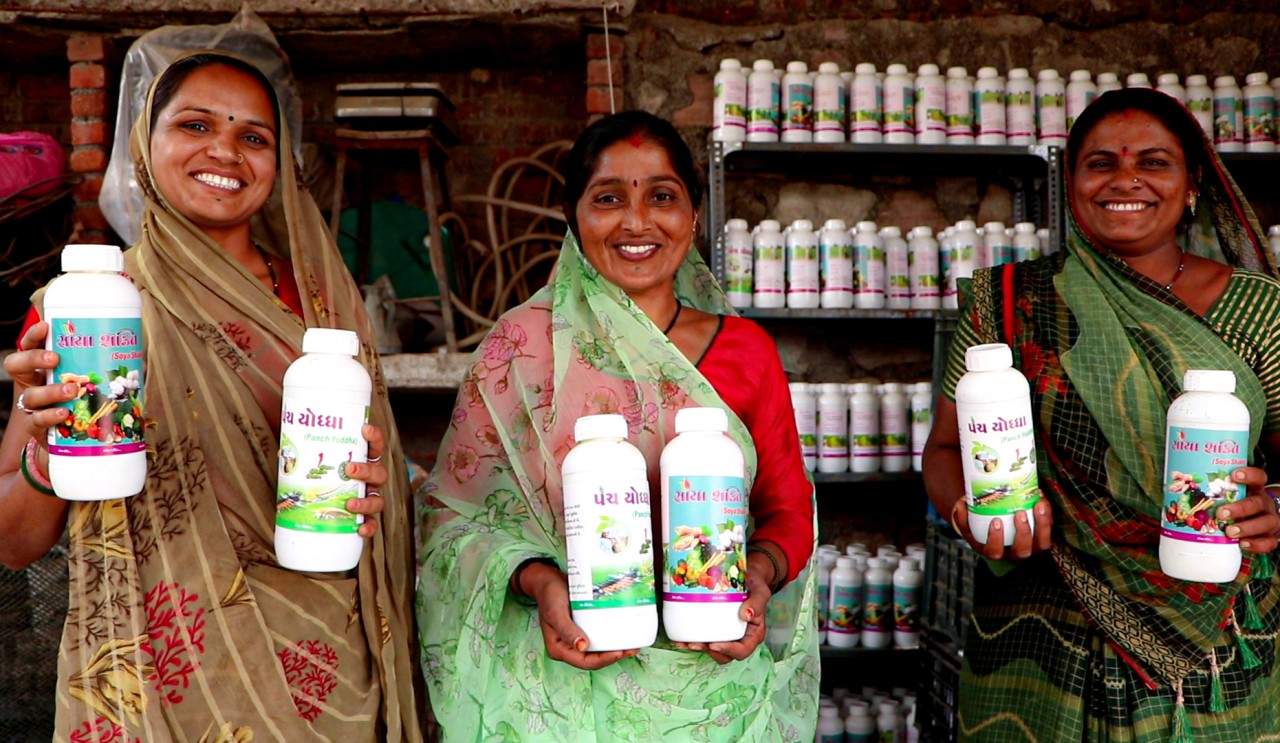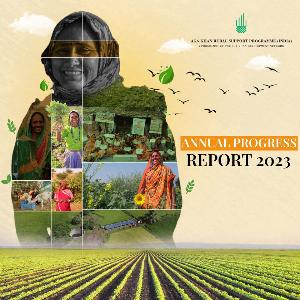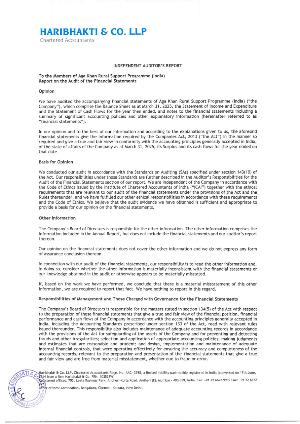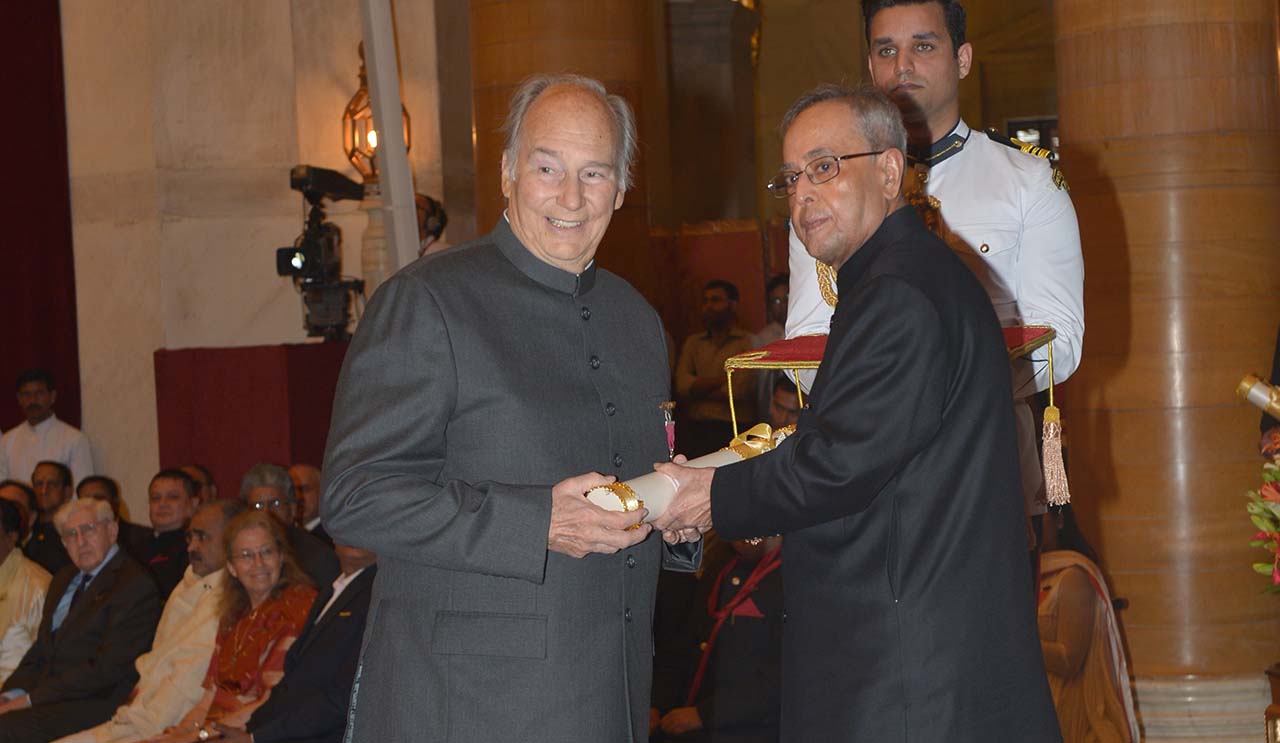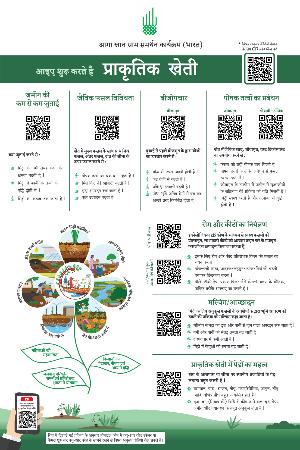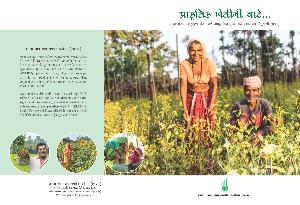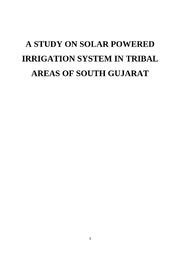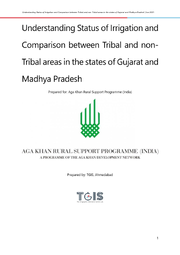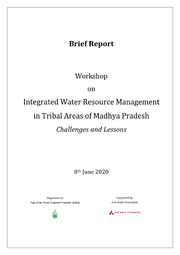



Facts
0
States
0
Districts
0
Blocks
0
Villages
0
Households
0
Households from Marginalised Communities
0
Women participants
0
Community-based Groups
About Us
Aga Khan Rural Support Programme (India) is a non-denominational, non-government development organization. AKRSP(I) works as a catalyst for the betterment of rural communities by providing direct support to local communities. AKRSP(I) is active in over 3255 villages of Gujarat, Madhya Pradesh, Bihar and Maharashtra. It has impacted lives of over 3.5 million people from marginalised sections of society. Over 80% of the households impacted by AKRSP(I)'s work belong to marginalised communities like tribals, dalits, and minorities. Over 60% of beneficiaries are women who form a core group for program interventions.
Our Focus Areas

Agriculture and Climate Resilience
Climate change has become a real issue for the rural communities in India. Rural communities are experiencing frequent droughts, floods, cyclones, temperature variations and irregular rainfalls. This situation is leading to uncertain livelihoods for the smallholder farmers. Considering that a substantially large proportion of rural population still depend on agriculture for their livelihoods, it is important to safeguard the livelihoods of vulnerable communities. AKRSP(I) has further strengthened its traditional agriculture livelihoods improvement program considering the newer challenge of climate change. We remain committed to achieving nutrition security, income security and sustainability for smallholders in our key geographies. We have taken an integrated approach where empowerment of smallholders is the center of our program design.
Read More
Work and Enterprise
There is decreasing agriculture landholding in rural India, average landholding has gone down to 0.9 hectares per household. In addition, there are increasing uncertainties around agriculture livelihoods due to climate change. In such a scenario, it is critical to generate quality employment opportunities for the rural youth. Our work and enterprise program which works under the umbrella name of “Yuva Junction” is empowering rural youth through non-farm employment opportunities. Rural youth gets following services from Yuva Junction.
Read More
Rural Governance
73rd amendment in the Constitution of India gave enormous power and responsibility to the grassroot governance institutions of rural areas. Panchayats have the responsibility of governing rural areas and ensuring the welfare of rural communities. There have been increased resources devolved to the Panchayats in recent decades. Traditionally, AKRSP(I) has promoted large numbers of community-based organisations (CBOs) in villages. Community leaders of these CBOs can play an important role in improving the functioning of grassroot governance institutions.
Read MoreOur Reach
All States
AKRSP-India currently working in four states of India. These are Gujarat, Madhya Pradesh, Bihar and Maharashtra. Over 80% of the households impacted by AKRSP(I)'s work belong to marginalised communities like tribals, dalits, and minorities. Over 60% of beneficiaries are women who form a core group for program interventions.
27
Districts
3255
Villages
3539665
Lives impacted
Gujarat
AKRSP(I) started its operations in Gujarat in 1986 in the then districts of Surendranagar, Bharuch and Junagadh. Over the years, the programme has expanded and entered newer geographies and is now active in 15 districts of the state. The work in Gujarat is in 3 distinct regions: the coastal saline region with its headquarters in Mangrol, the drought-prone region with its headquarters in Sayla, and the tribal South Gujarat region with its headquarters in Dangs and Netrang.
15
Districts
2380
Villages
1878165
Lives impacted
Madhya Pradesh
Started in 2004, the Madhya Pradesh programme has grown, with an even larger reach today .AKRSP(I) has taken up activities in several developmental areas, including livelihoods, health and education. At the end of year 2022, we were operational in 399 revenue villages of 6 districts in Madhya Pradesh. We work in Khandwa, Khargone, Burhanpur, Barwani and Dhar districts of Madhya Pradesh.
6
Districts
399
Villages
345650
Lives impacted
Bihar
Started in 2008, Bihar programme has grown rapidly in these recent years. AKRSP(I) continues to implement developmental activities through Multiple Input Area Development (MIAD) approach. At the end of year 2022, we are operational in over 456 revenue villages of 5 districts of Bihar. We work in Muzaffarpur, Samastipur and Saran districts of Bihar.
5
Districts
456
Villages
1308000
Lives impacted
Maharashtra
AKRSP(I) started work in the state of Maharashtra in the year 2022. To start with, the adjoining tribal region of Gujarat and Madhya Pradesh is taken up as initial program geography. We plan to work in coastal regions of Maharashtra in the coming future. Our current focus in Maharashtra is on natural resources management in hilly tribal regions. We are currently active in 20 villages of Sakari block of Dhule district.
1
Districts
20
Villages
7850
Lives impacted
Community’s Voice
It was the course at Yuva Junction that helped me understand that entrepreneurship would be the right choice for me. The trainers guided me to assess my skills and also coached me on important customer interaction skills. I always knew deep down that I wanted to be an entrepreneur but it was Yuva Junction that helped me understand it and honed my abilities for it.
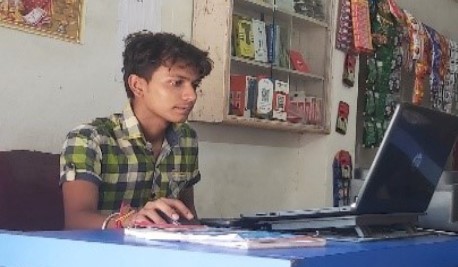
Krishna Kumar
Pilkhi, Muzaffarpur, BiharWe were not having drinking water facilities in our village. All the women of our village, discussed this issue in Mahila Sabha and presented in Gram Sabha. However, the issue didn’t resolve. So we decided to go to the District Magistrate at Khargone and gave a written application. After constant collective follow ups we finally were able to get water connection at our village.
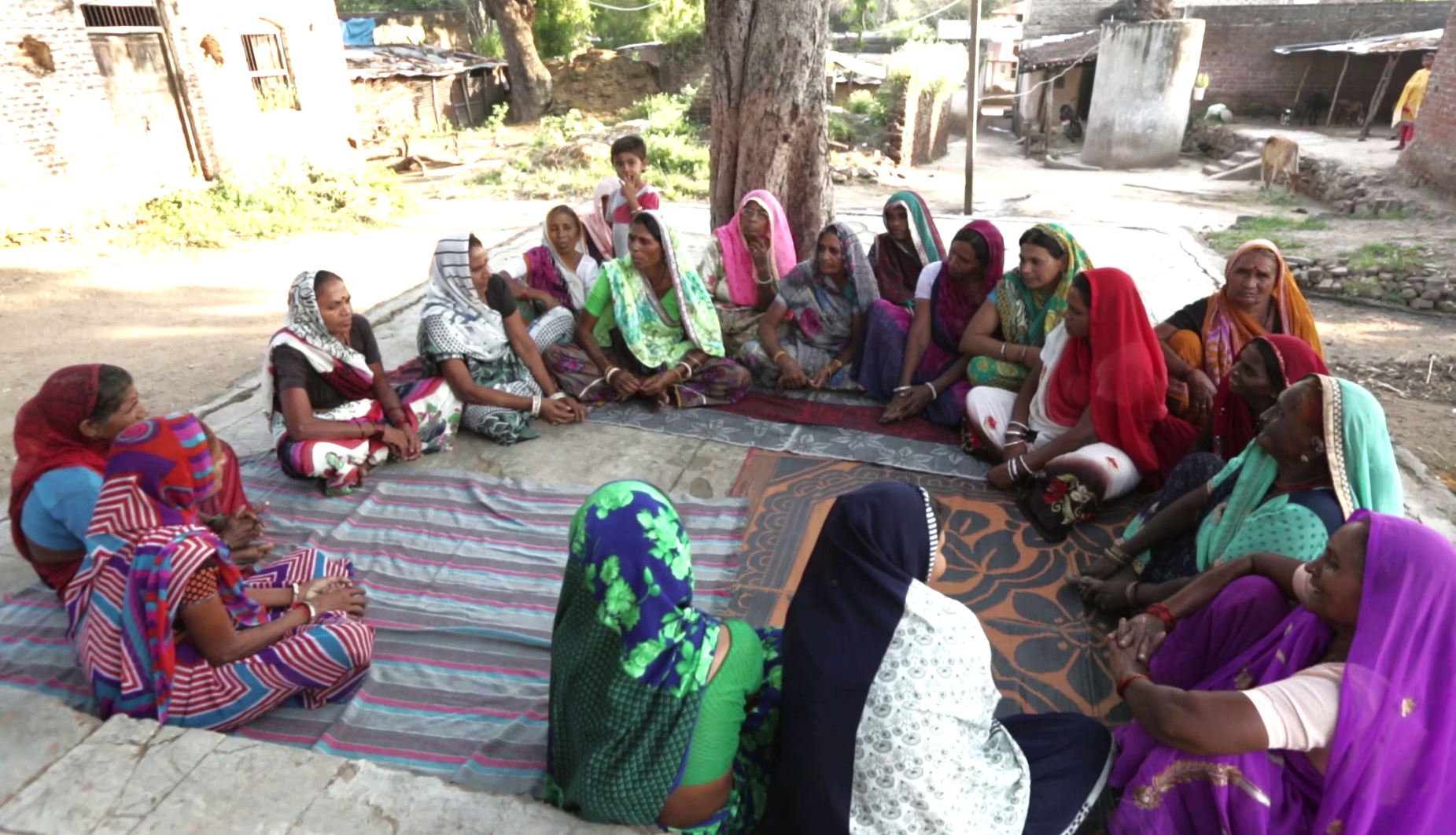
Women from Baikheda Village
Jhirniya, Khargone, Madhya Pradesh“Team member from AKRSP-India were constantly conducting meetings and were motivating us by showing videos to preparation of Soya Tonic and Panch-Pati Kadha. We also visited Madhya Pradesh and learn making of Bio-input and started business of Selling two bio-input products. Soya Shakti and Panch Yodhdha. In the duration of two year we have sold more than 3600 bottles of our products ”
